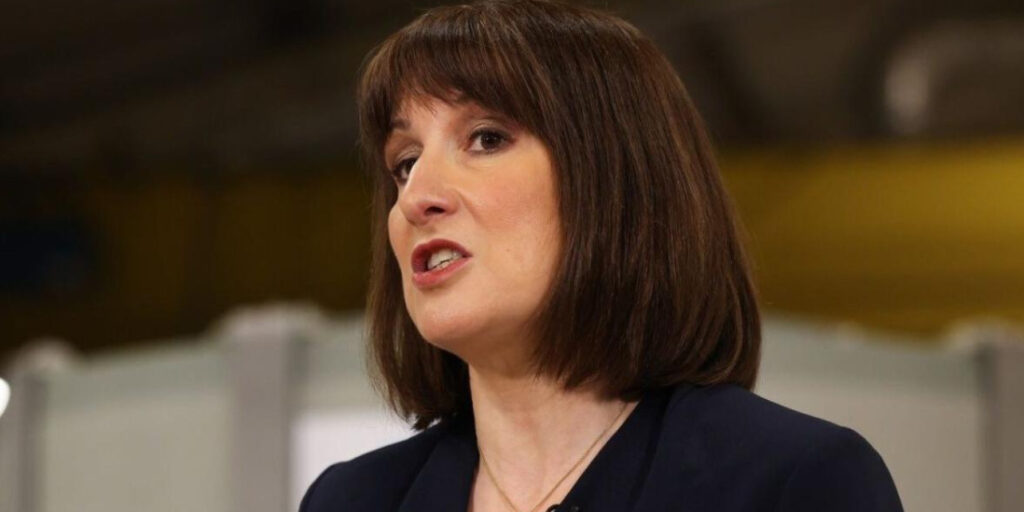The UK job market is experiencing its steepest downturn since the 2020 lockdown, with rising jobseekers and fewer vacancies, highlighting growing challenges for businesses and workers alike.
Latest figures show a sharp increase in the number of individuals seeking employment, driven by a lack of job openings and an uptick in redundancies.
The report from KPMG and the Recruitment and Employment Confederation indicates that March saw a notable rise in both permanent and temporary jobseekers.
This has pushed the ratio of jobseekers to vacancies to its highest level in more than four years. Job placements for permanent positions have been declining for over two years, and this trend extends across all sectors, including those that were previously seen as growth areas, such as healthcare and medical roles.
The economic impact of Rachel Reeves’s tax increases on employers, alongside rising minimum wages and the ongoing uncertainty caused by Donald Trump’s trade tariffs, is said to be dampening business confidence, contributing to the jobs market slump.
The government’s £25bn increase in National Insurance contributions for employers has raised concerns that many businesses may freeze hiring plans.
Jon Holt, CEO of KPMG, pointed out that global uncertainty and rising employment costs are exacerbating the situation.
He noted that recent events have placed significant pressure on the UK’s growth prospects, suggesting that improvements in the labour market may not be seen in the near term.
In addition to the domestic challenges, Sarah Breeden, Deputy Governor of the Bank of England, warned that US tariffs would impact UK growth and business activity.
She explained that global trade uncertainty could weaken both consumer and business confidence, slowing economic activity and inflationary pressure. While some have suggested slashing interest rates to boost the economy, Breeden cautioned that such measures could worsen inflation.
Consumer sentiment is also taking a hit, with many households reducing spending as they worry about an economic slowdown.
According to Deloitte, half of the respondents in a recent survey said they had less disposable income in the current quarter compared to the start of the year. Ongoing inflation, especially in food and utility prices, has led consumers to focus more on essentials and look for discounts.
Retail has been particularly hard-hit, with footfall down 5.4% in March compared to the previous year. The British Retail Consortium attributes some of this drop to the timing of Easter, but its CEO, Helen Dickinson, emphasised that economic concerns are also contributing.
She called on the government to provide more support to retailers, particularly in light of the rising global uncertainties.
A Treasury spokesperson pointed to recent job growth, with 190,000 more jobs created since the general election, and highlighted several investments aimed at boosting economic activity.
However, the spokesperson acknowledged that more work is needed to address ongoing economic challenges and support growth and job creation across sectors.
With rising costs and global pressures continuing to affect the UK economy, it remains uncertain when the jobs market will recover. For now, businesses and workers face mounting challenges as the labour market adjusts to a new economic reality.


